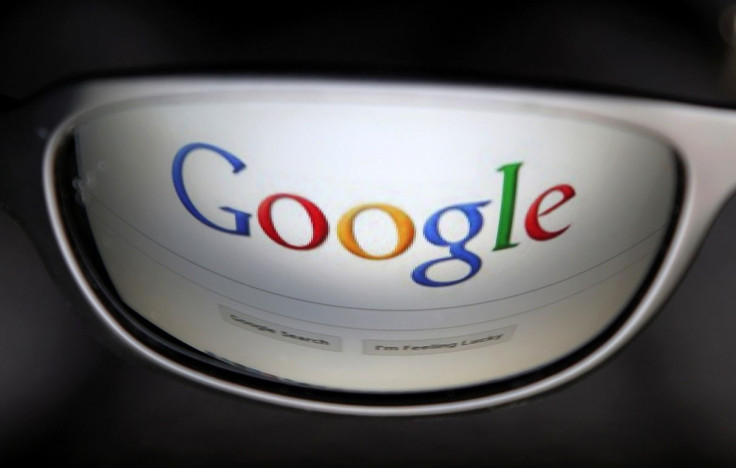Google health condition cards now available in Australia

Google has launched health condition cards in Australia that will mimic the US version. The cards is touted to accurately answer the common health conditions queries. They will also provide a framework that guides users to do deeper research without compromising the truthfulness of the data they retrieve. The US version is successful as US clinicians downloaded the health cards to present to their patients.
Australian users who will type queries in the search box will see health condition cards appear in their search result. The cards show symptoms, diagnosis, outline of the conditions, treatment pathways and prevalence. Some health condition cards will be accompanied by illustrations. The features are based on the compilation of health facts that are curated and reviewed by Mayo Clinic doctors. Cardiologist Dr Kapil Parakh led the team.
Users who want to know the appropriate medication will not get the result as no pharmaceutical company or other commercial healthcare provider is involved in the development of the cards. The cards aim to give people information that their doctors would want them to see.
"What we can see is that people are going to the internet to look for information … instead of trying to pretend that that isn't a problem and that people aren't finding bad information on the internet, what the health cards are meant to do is provide accurate and reliable information created in a partnership with medical doctors and to make sure there is a source of information online that people can trust," project manager Isobel Solaqua said, quoted Sydney Morning Herald.
According to the NPS Medicinewise survey, three in five Australians avoid seeing a doctor and opt to search on the Internet. The survey also showed that one in five Australians would use Facebook to find answers about medicine-related queries. Meanwhile, based on Google, one in every Google searches worldwide were health-related. In 2012, the ABC reported that an Australian Medical Association (AMA) doctor Richard Chong said a patient has mistakenly self-diagnosed himself with gout due to the red and swollen elbow he had.
Royal Australian College of General Practitioners chair Dr Nathan Pinskier said that the health condition cards have a lot of potential but it can heighten the anxieties of patients dismissing symptoms that could indicate a serious health problem. However, he is still unsure about the effect of the cards but he said that a watch-and-wait approach should be done to address the concerns.
Google hopes to customise the health condition cards based on the Australian health scene by partnering with Australian groups. However, Solaqua stressed that the cards were intended to provide information and it would not replace a face-to-face conclusion from a real doctor.





















